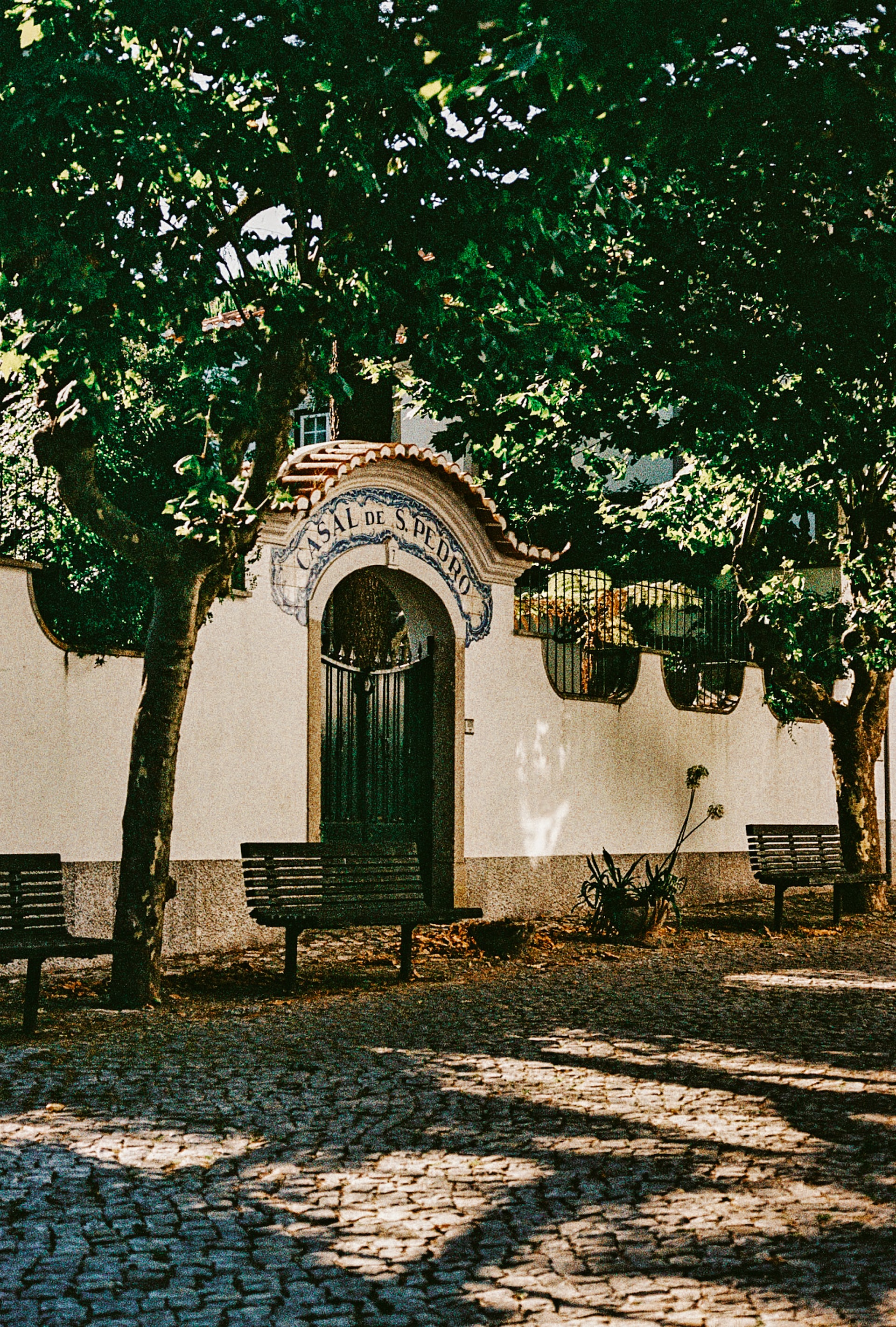Portuguese Culture: Customs & Traditions

Portugal is a country with a rich and unique culture. The Portuguese people have their customs and traditions that have been passed down from generation to generation. Some of these customs and traditions are still practiced today, while others have been forgotten over time.
The importance of family in Portuguese culture
Family is extremely important in Portuguese culture and society. It is not uncommon for three generations of family to live together in the same household. The extended family network is also very important, with godparents, aunts, uncles, and cousins often playing significant roles in people’s lives.
Portuguese families are typically very close-knit and supportive, with strong bonds between siblings, parents, and children. Family traditions are also very important, such as large family gatherings for celebrations like Christmas and Easter.
One of the most important things to remember when doing business in Portugal is the importance of family relations. It is not uncommon for business deals to be done between relatives or friends, and it is important to be respectful of these relationships.
If you are looking for a portuguese translation service, it is important to find one that understands the importance of family in Portuguese culture. This will ensure that your documents are accurately translated and that any cultural nuances are taken into account.
Religion and superstition in Portugal
Superstition and religion have always been closely linked in Portugal. Many of the country’s religious beliefs and practices have their roots in paganism, and even today, some of the most popular saints are those with pagan origins.
One of the most famous examples is Saint Anthony, the patron saint of lost things. Saint Anthony was a Portuguese friar who lived in the 13th century, and legend has it that he had the power to find lost objects. Today, people still say a prayer to Saint Anthony when they lose something, and it is not uncommon to see his statue in homes and businesses.
Another popular saint with pagan origins is Saint John the Baptist. In Portugal, Saint John’s day (June 24th) is a public holiday, and it is traditional to jump over fires on this night. This practice is thought to date back to pagan times when it was believed that the fires would purify people and protect them from evil spirits.
There are also many superstitions surrounding death in Portugal. It is considered bad luck to leave a house through the back door, as this is where the dead are thought to enter. And if someone dies in your home, it is tradition to leave a light burning in the room where they died for 40 days. This is done to help guide the soul of the deceased to the afterlife.
Portugal is a predominantly Catholic country, and religion plays a significant role in the lives of many people. However, there are also a large number of atheists and agnostics in Portugal, and religious tolerance is enshrined in the constitution. This means that people of all faiths (or no faith) are free to practice their beliefs without discrimination.
Portuguese cuisine: food for the soul
Portuguese cuisine is known for its hearty, filling dishes. Common ingredients include beans, potatoes, kale, cabbage, and other vegetables. Fish and seafood are also prominent in many Portuguese dishes. Meals are typically served with bread and a glass of wine.
Portuguese food is often compared to that of other Mediterranean countries such as Italy and Spain. However, some unique aspects of Portuguese cuisine set it apart. For example, the use of chouriço (a type of sausage) and piri-piri (a spicy chili pepper) is common in Portuguese dishes.
One of the most popular Portuguese dishes is bacalhau (codfish). It is typically served with potatoes, onions, and olive oil. Other popular dishes include caldo verde (a soup made with kale), arroz de pato (duck rice), and frango assado (roast chicken).
Portuguese cuisine is known for its simplicity. However, this does not mean that it lacks flavor. On the contrary, Portuguese dishes are often packed with flavor. This is due in part to the use of fresh ingredients and the expert cooking techniques of Portuguese chefs.
From port to table: Portugal’s wine culture
In Portugal, wine is more than just a beverage – it’s a way of life. The country has a rich viticultural history dating back to the Roman Empire, and today, Portuguese wines have celebrated the world over for their quality and diversity.
Whether you’re enjoying a glass of vinho verde on a sunny terrace or sipping on a complex port wine after dinner, there’s a Portuguese wine to suit every occasion. In this article, we’ll explore Portugal’s wine culture, from its historic roots to the modern day.
Viticulture has been practiced in Portugal for centuries, with the first vineyards appearing during the time of the Roman Empire. The Moors, who occupied the country for over 400 years, also cultivated vines and introduced new grape varieties. It was during the Age of Discoveries in the 15th and 16th centuries that Portugal began to establish itself as a major force in the wine world. At this time, the country’s wines were exported to all corners of the globe, helping to spread Portuguese culture and taste.
Today, Portugal is home to over 250 grape varieties, more than any other country in the world. This diversity is one of the things that makes Portuguese wine so special. Whether you’re looking for a fresh and fruity white wine or a full-bodied and complex red, you’re sure to find it in Portugal.
Conclusion
Portuguese culture is renowned for its relaxed and easygoing attitude. This is evident in the country’s many customs and traditions. From the simple act of greeting someone with a kiss on the cheek, to taking an afternoon siesta, Portuguese culture is full of fascinating quirks.